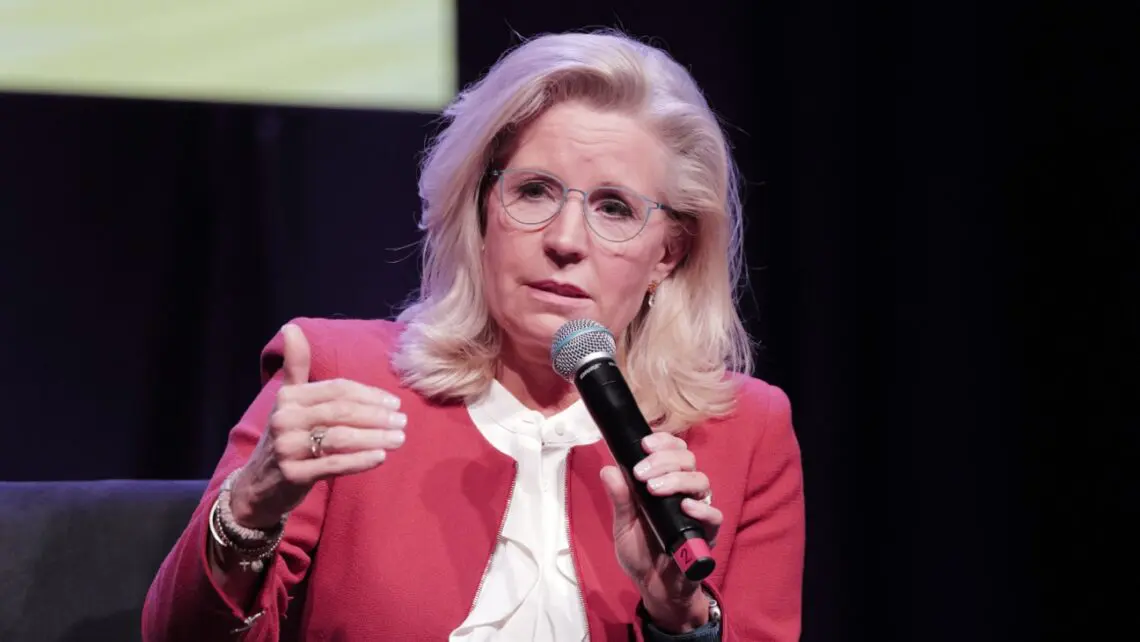Liz Cheney drops Washington Post subscription over endorsement decision
Cheney’s bold stance on media neutrality
In a surprising move, Liz Cheney, former Republican Representative from Wyoming, has announced that she has canceled her subscription to the Washington Post. This decision came in response to the publication’s recent announcement that it will no longer endorse presidential candidates. Cheney made her statement during a conversation at the 25th annual New Yorker Festival, where she shared her thoughts on the current political landscape and her support for Vice President Kamala Harris in the upcoming election.
The decision to end endorsements
The Washington Post’s choice to cease endorsing presidential candidates marks a significant shift in their editorial policy. Since 1988, the Post had consistently provided endorsements, a practice many readers relied upon to guide their electoral decisions. However, the outlet, owned by Jeff Bezos, has now decided to “return to our roots of not endorsing presidential candidates,” a decision that has sparked a wide range of reactions across the political spectrum.
Cheney’s perspective on the change
Speaking on stage, Cheney did not mince words. “On the issue of the Washington Post, first of all, it’s fear,” she said. Cheney elaborated, pointing out that Jeff Bezos’s reluctance to endorse any candidate—especially one she perceives as a “stable responsible adult”—is indicative of a broader issue. She suggested that this fear stems from concerns about former President Donald Trump’s influence and the potential backlash from his supporters.
Cheney underscored the importance of remembering those who have taken “brave and courageous stands” in the political arena. She emphasized her continued commitment to fighting against Trump’s re-election efforts, indicating that her decision to cancel her subscription to the Washington Post is part of this broader struggle.
Reactions from the public and notable figures
Cheney’s decision has not gone unnoticed. She is just one of several prominent figures who have expressed their disapproval of the Post’s decision. Noted journalist Bob Woodward and Carl Bernstein, both former staff members of the Post, voiced their criticisms of the decision on social media. Similarly, author Stephen King has also publicly canceled his subscription, adding to the growing chorus of voices decrying the decision.
The Washington Post’s announcement follows a similar decision by the Los Angeles Times, which also opted not to endorse a presidential candidate for the 2024 race. This trend among influential media outlets raises questions about the role of media endorsements in modern elections and their impact on voter behavior.
Understanding media endorsements in the political landscape
Endorsements by major newspapers have historically played a significant role in shaping public opinion during election seasons. These endorsements often represent a distilled viewpoint of a publication’s editorial board, offering a perspective that can influence undecided voters. However, the shifting media landscape and the rise of digital platforms have changed how such endorsements are perceived and their overall impact.
In recent years, the credibility and influence of traditional media outlets have been challenged by the proliferation of social media and independent news sources. This democratization of information has empowered voters to seek diverse perspectives, potentially reducing the influence of single-source endorsements.
The evolving responsibilities of media outlets
The decision by the Washington Post and the Los Angeles Times to stop endorsing presidential candidates reflects a broader introspection within media organizations. These outlets are reassessing their roles and responsibilities in an increasingly polarized environment. By refraining from formal endorsements, they may be attempting to present a more neutral stance, aiming to maintain credibility and trust among a fragmented readership.
Yet, such decisions are not without controversy. Critics argue that endorsements are a critical part of a publication’s duty to inform its readership. They contend that endorsements provide clarity and guidance based on thorough analysis and journalistic integrity.
On the other hand, supporters of the move towards endorsement-free reporting assert that such decisions help mitigate accusations of bias and can prevent alienation of portions of the audience. By focusing solely on reporting facts and providing balanced coverage, media outlets might enhance their role as unbiased informers of the public.
Reflecting on Cheney’s broader message
Cheney’s outspoken criticism of the Washington Post’s policy change highlights the ongoing debate about media responsibility and political endorsements. Her decision to cancel her subscription is not just a personal choice but a statement that resonates with her followers and those who share her concerns about the current political climate.
As the 2024 election approaches, the actions and decisions of both political figures and media outlets will continue to shape the discourse. It’s important for readers to stay informed and consider diverse perspectives. Whether or not one agrees with Cheney’s stance, her actions underscore the significant influence that media endorsements—or the lack thereof—can have on the political process.
Stay engaged with the evolving political landscape by sharing this article on social media and following our site for more updates. Understanding the interplay between media and politics is crucial for making informed decisions in today’s complex environment.

 Italian
Italian







